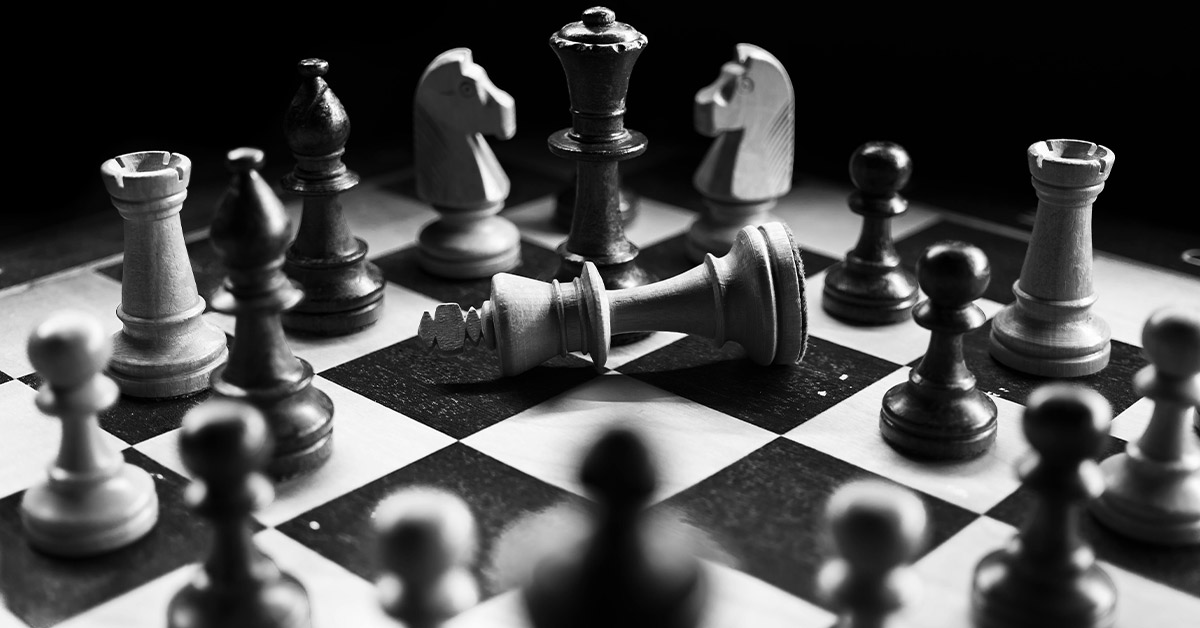
When Warmongers Invoke God
Lenin kicked off his revolution with the “Decree on the Separation of Church from State and School from Church” (1918). He ended state support of churches, stripped them of their land, and revoked the civil rights of priests.
Stalin intensified this persecution, banning all religious publications and missionary activity, harassing and arresting clergy, and even executing them—or worse, sending them to concentration camps (gruesome facilities which inspired the Nazis), where they were starved and often worked to death.
It wasn’t church corruption which bothered Lenin or Stalin. Corrupt priests “were easily beaten.” Paul Johnson summarizes the true fear of the faithful as follows:
“The men Lenin really feared and hated, and later persecuted, were the saints. The purer the religion, the more dangerous. A devoted cleric, he argued, is far more influential than an egotistical and immoral one. The clergy most in need of suppression were… those who expressed solidarity with [the people].”
Lenin and Stalin—like all despots and tyrants—wanted their people to gain their sense of worth not from God but from the state. They, the leaders, wanted to be the sole determiners of each person’s value and worth, and to divvy all entitlements according to compliance.
Christianity begat a populace who carried in their hearts a basic sense of worth and dignity, and a corresponding sense of inherent rights. Such people resisted exploitation and thwarted Lenin’s revolution. The more a people cared about obeying God’s authority the less malleable they were to Lenin’s.
Lenin and Stalin choked the church in Russia, shrinking it down from over 50,000 churches in 1918 down to a mere hundred or so by the 1930s.
But then, in the middle of the night on June 22nd of 1941, Hitler attacked Russia. Up to that point, for decades, Soviet military leaders were promoted based on their ideological compliance and their history of reflexive obedience. Now, those same military leaders, were worthless without orders. One intercepted radio exchange recorded a Soviet commander imploring HQ for guidance: “We are being fired upon. What shall we do?”
Apparently they didn’t do anything. By noon the Germans destroyed 1,200 Soviet fighter planes.
Maybe it was this dangerous lack of agency (when compliance is forced, agency and initiative die). Or maybe it was the apathy of the populace in the face of war (a dictator can rule with fear, but cannot scare people into caring). Whatever it was, to mobilize national unity and to ignite a sense of patriotism, Stalin relaxed the crackdown on religion.
The Russian Orthodox Church reopened seminaries and many parishes. Religious imagery and religious language were used in patriotic propaganda for the first time since WWI.
The most powerful force in the world is the love of God, and militaries will always seek to exploit that love when it serves their purpose. I hope our “Secretary of War” has a sincere faith in God, and I hope he has given his allegiance to Jesus. It is God’s love, demonstrated perfectly in Christ, that will ultimately save the world—not guns or planes, ships or bombs.
In the meantime, it bothers me when sacraments sacred to my Christian faith are used out of context to rally people to war, or to manipulate the hearts of God’s people toward violence, or to associate the Lamb’s peaceful agenda with weapons of destruction.
Perhaps in this life war cannot be avoided. And maybe God can bring good out of war—I can’t help but feel gratitude that Hitler was destroyed by the military power of America and Britain. But I would never presume war, or violence, were somehow the plan of God, and certainly not the way of Christ.
Allegiance to Jesus is all or nothing. If we want to bring Jesus into the “Department of War,” great. But that means the department needs to look more Christlike, which also means it needs to look less war-like. Our videos will need to boast, not of power and rulership, but of meekness and servitude.
If that’s that’s the path Hegseth wants to go down, I’m here for it.
It’s not though, and we all know where his path leads—
Don’t we?
Dan Kent